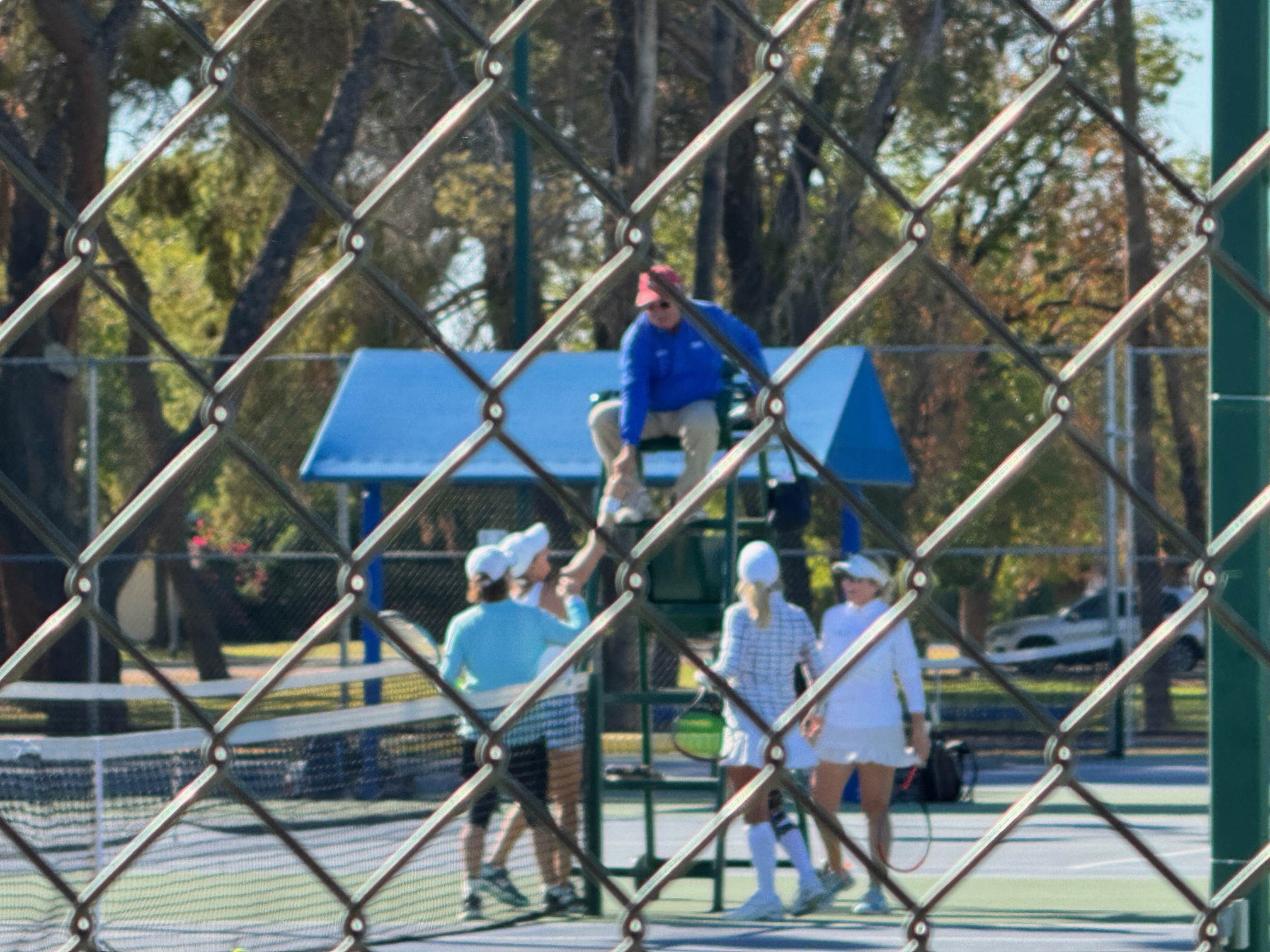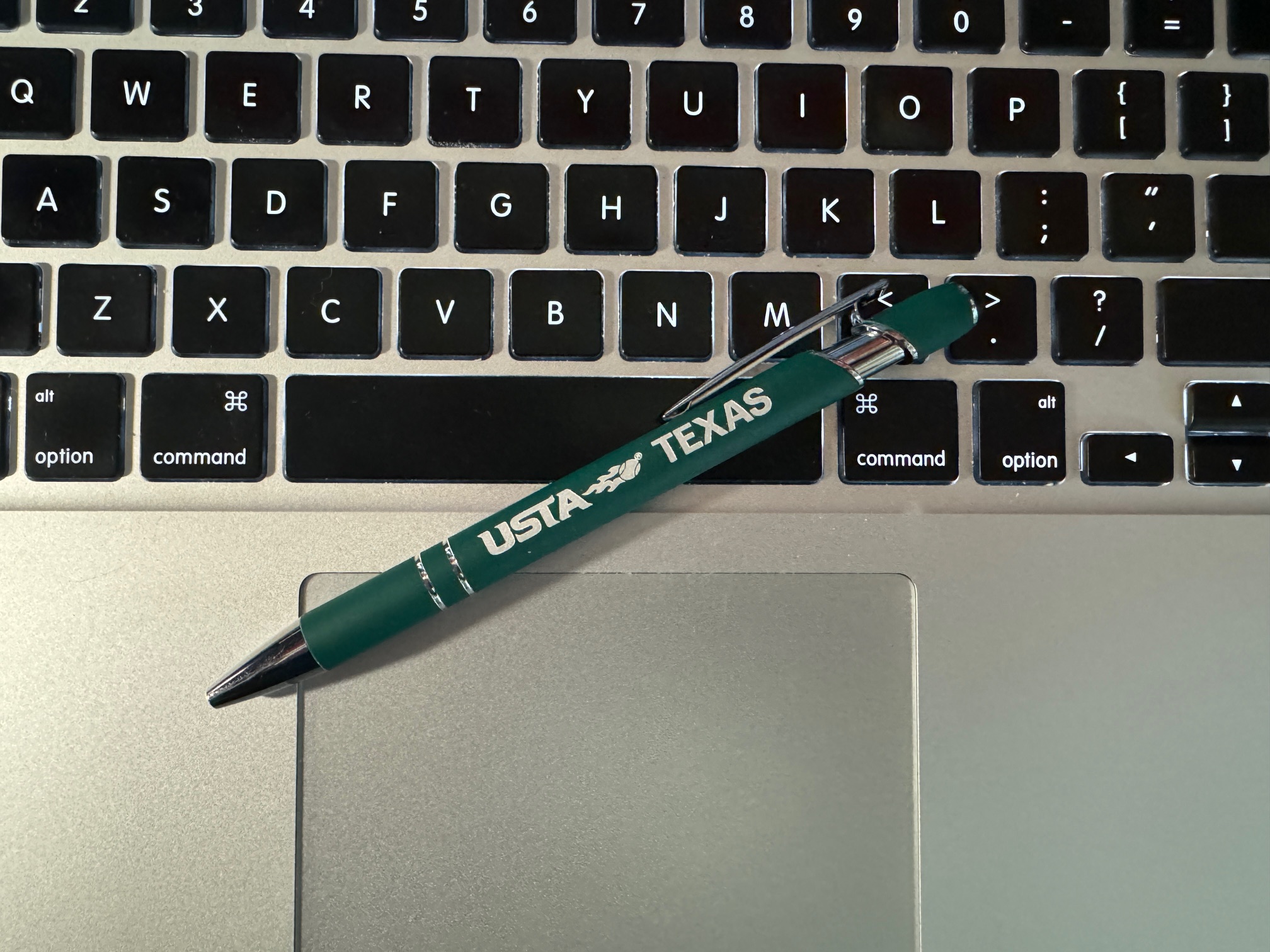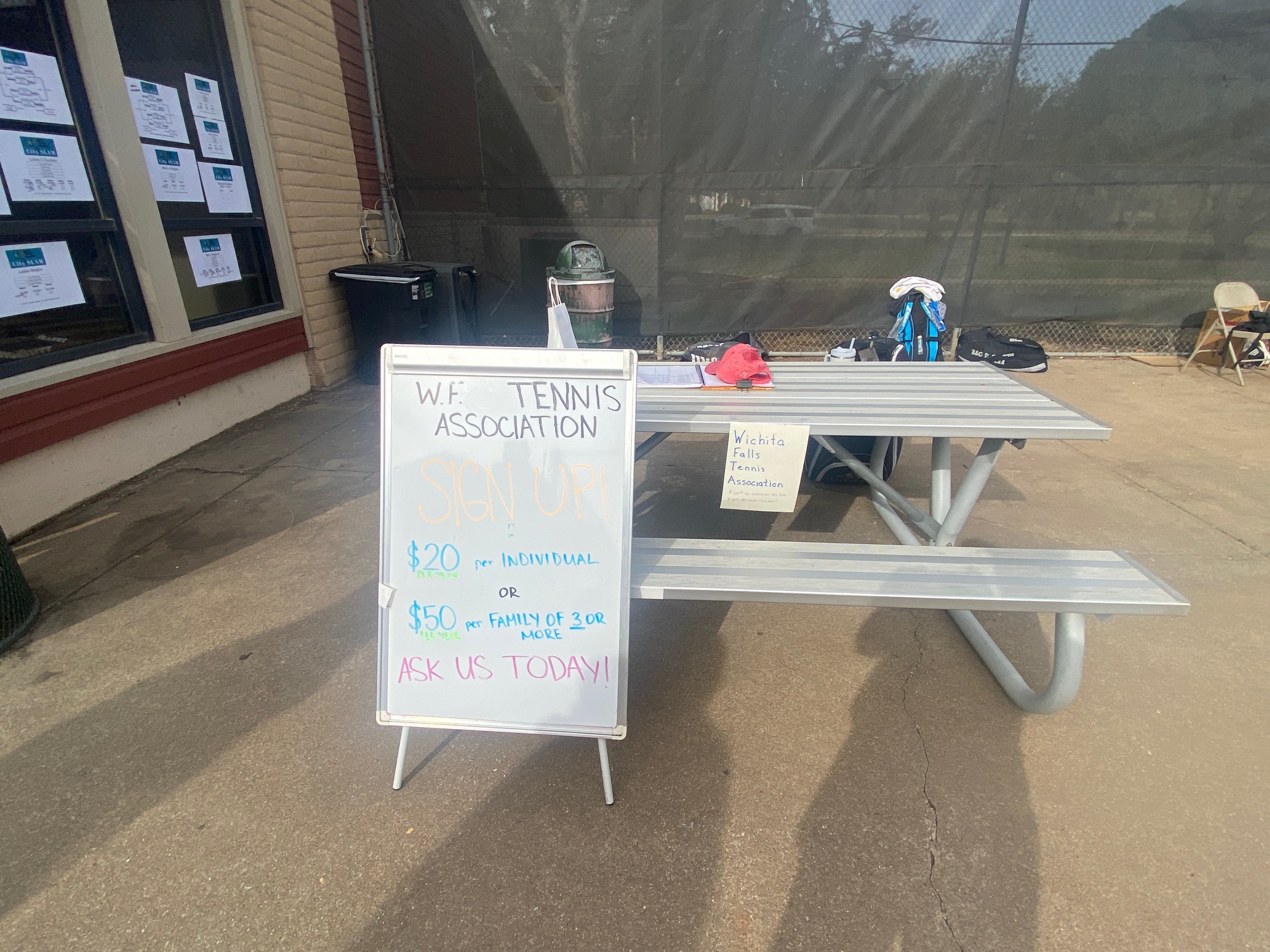Yesterday’s post described how the best players in Adult Senior tennis can see past the net to evaluate their opponents’ tactical strengths and weaknesses. Today’s topic is another related secret. The most competitive players in tennis have an uncanny understanding of their opponent’s psychological state and how dynamic match conditions impact their play.
For example, when the best players sense their opponents tightening up, they might adjust their tactics to lower their own risk of making unforced errors. They will not give the other players free points or let them off the hook. Everything within their power, within the bounds of good sportsmanship, will be done to ratchet up the psychological pressure.
Similarly, if the player on the other side of the net loses the feel for a shot, that will not escape the notice of the best players in Adult Senior tennis. They will feed their opponent a steady diet of that shot in an attempt to win as many points as possible before confidence is restored. Once that occurs, they will decisively move on to other tactics.
Andre Agassi was somewhat famous for attacking his opponent’s strengths during his matches. It was a deliberate strategy intended to sow the seeds of self-doubt. If that approach worked and his opponents started questioning the foundation of their game, it was psychologically devastating. Even if that tactic wasn’t winning most points, it could still be unsettling to come up against a person with the confidence to challenge their strengths.
The best players in Senior Adult tennis also recognize how dynamic match conditions impact their opponents. For example, on a windy day, they might play two distinct game plans from each end of the court. They make conscious adjustments when playing with or against the wind, considering how the weather also affects the person on the other side of the net.
This is why body language and positive self-talk are so crucial in tennis. The sport is an emotional roller coaster as feelings like confidence, anger, and despair ebb and flow dramatically in a match. The best players in Adult Senior tennis can read their opponent’s psyche like an open book. At the same time, they take steps to not give information away regarding their own mental state.
The most competitive players in tennis have an uncanny understanding of their opponent’s psychological state as well as how dynamic match conditions impact their play. They use that information to maximize their chances of winning. This is something that all players can improve on with a little conscious effort.
Throughout 2023, I am exploring the 12 Habits of Highly Successful Tennis Players. A complete summary of all posts on that topic and what is coming up for the remainder of this year can be found on the 12 Habits of Highly Successful Tennis Players homepage.



